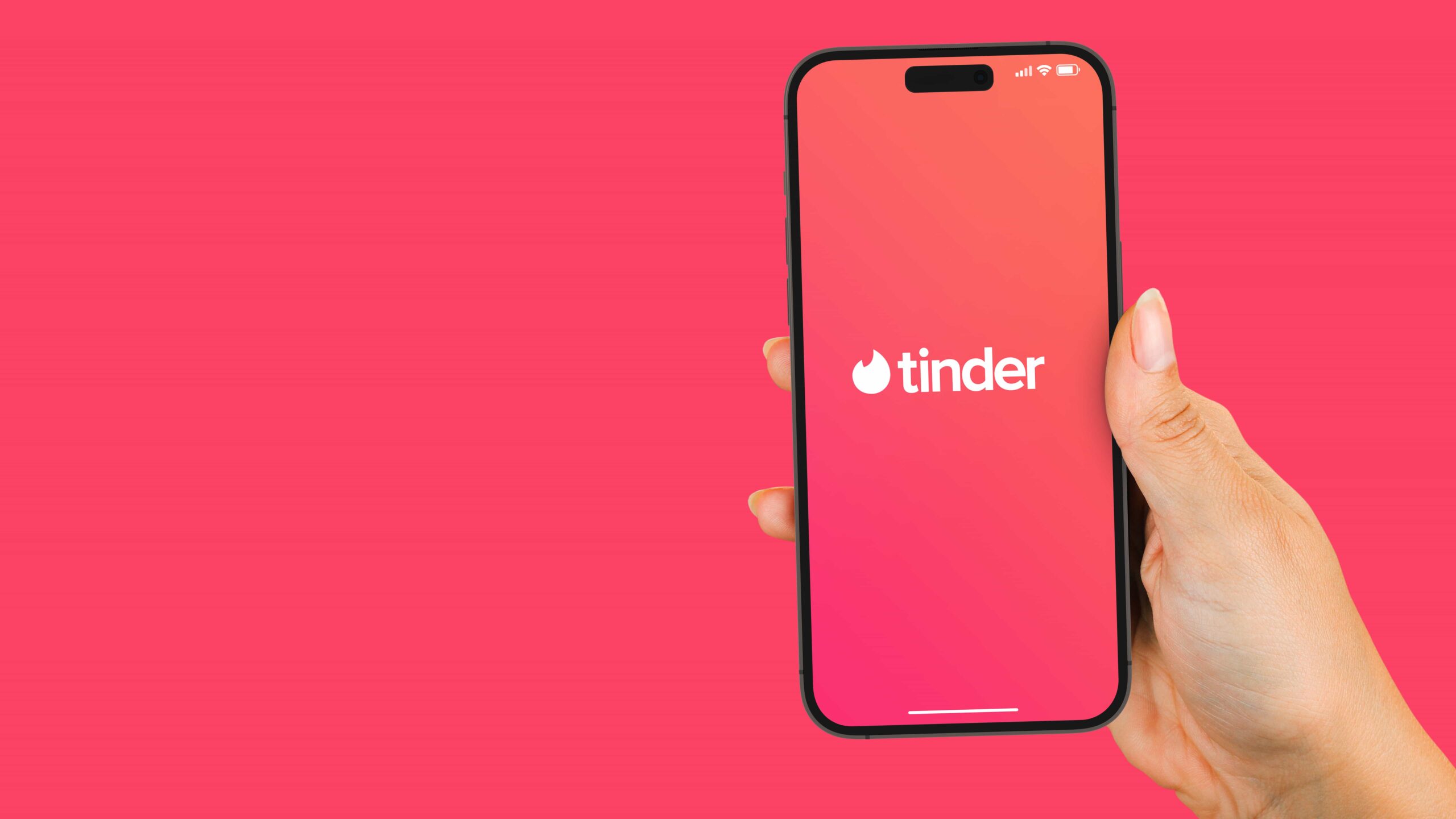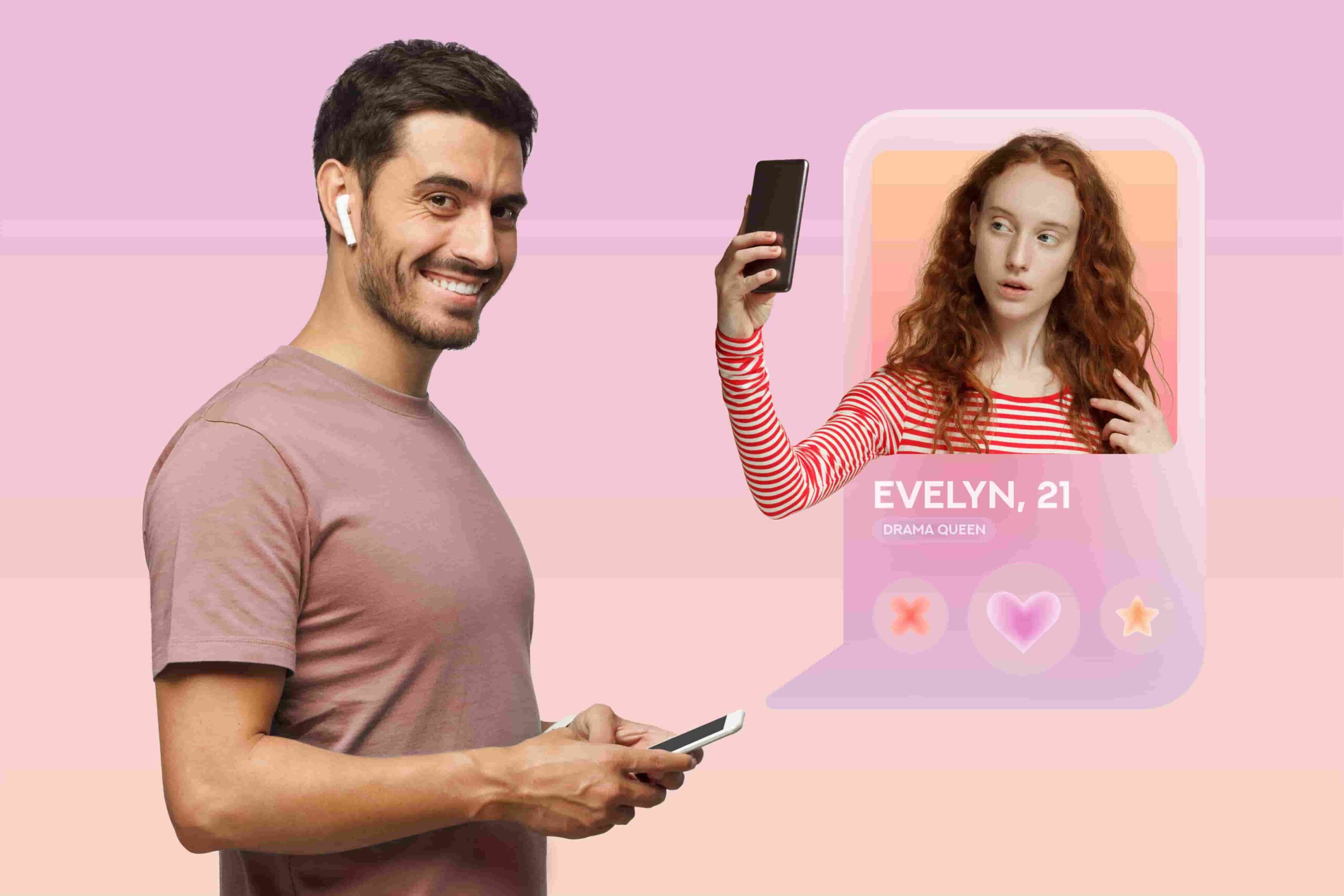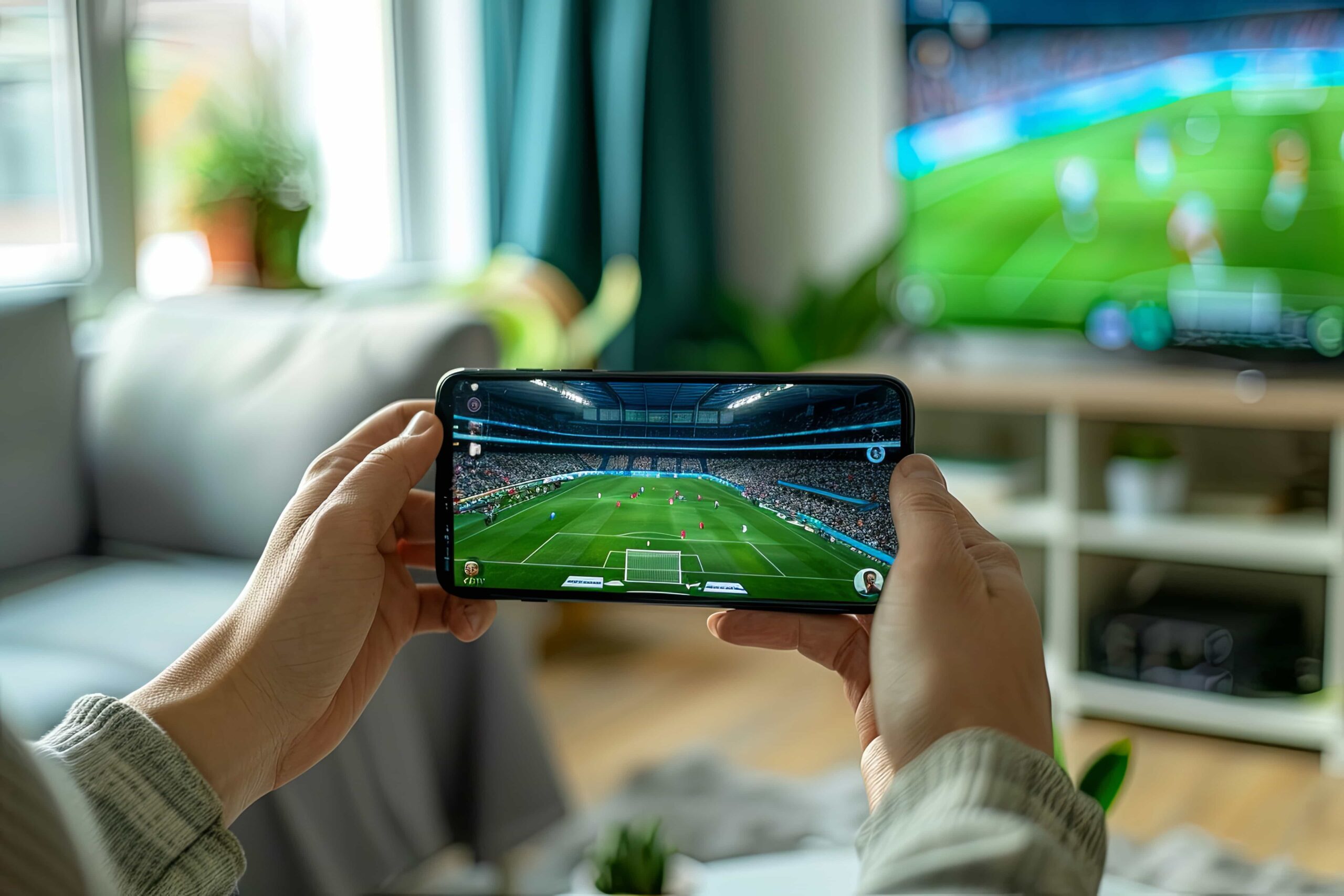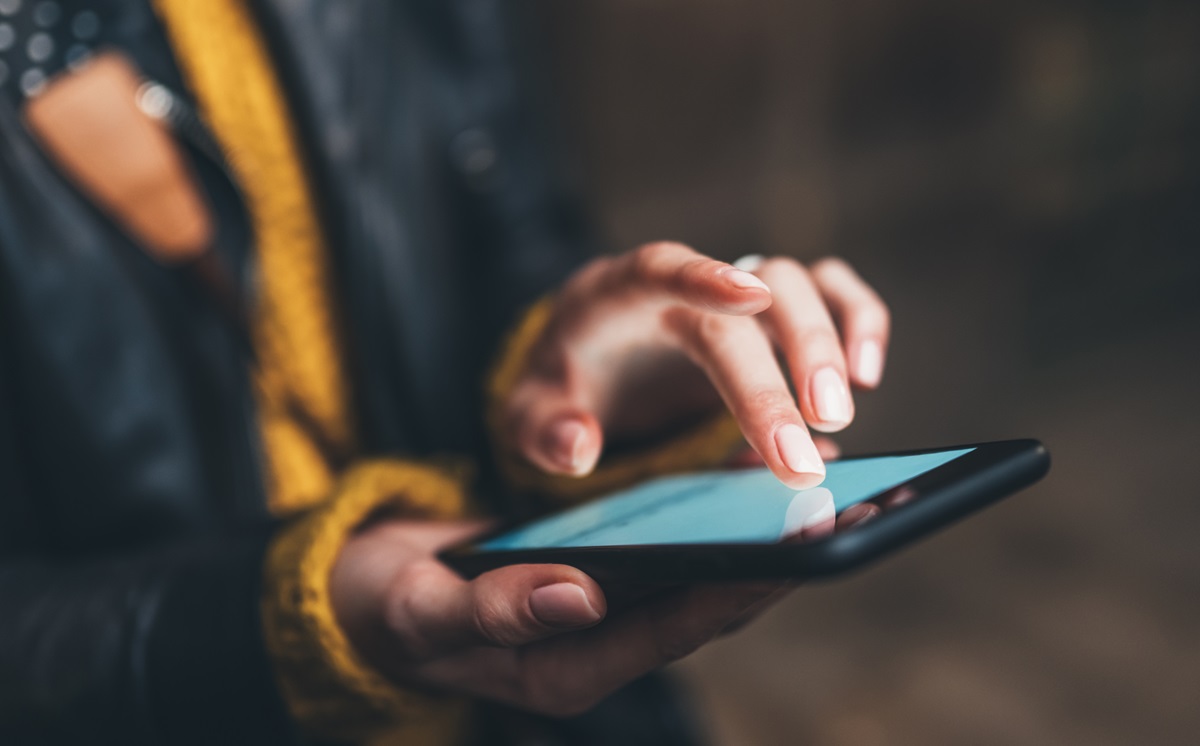Technology
Technology and Mental Health: Ally or Villain in Your Life?
Advertisement
In recent years, technology has become an essential part of our lives. With the rise of social media, messaging apps, and smart devices, the impact of technology on mental health has become a hot topic. Many people wonder whether this influence is positive or negative.
The intersection of technology and mental health is a hot topic of debate. On the one hand, technology provides tools for emotional support and access to information. On the other hand, it can contribute to anxiety, loneliness, and depression.
This article analyzes the various aspects of the relationship between technology and mental health. Is technology an ally or a villain in the fight for emotional health? Let's better understand this complex dynamic.
The evolution of technology and mental health
Technology has evolved rapidly, changing how we interact and access information. For mental health, this has brought both advancements and challenges. Today, we can access resources online that were previously unavailable.
The emergence of mental health apps has made it possible for more people to seek help. This has led to a significant increase in access to therapies and information about emotional health. This represents an important step forward.
However, the risks associated with excessive technology use cannot be ignored. Addiction to social media and electronic devices tends to affect mental health in several negative ways.
Virtual interaction replaces human contact, increasing loneliness and anxiety. Therefore, it is necessary to reflect on the balance between the use of technology and the preservation of mental health.
The impact of technology on mental health is multifaceted. Awareness of how to use it appropriately is essential to minimize adverse effects and maximize benefits.
Social networks: connection or isolation?
Social media connects people from all over the world. This connection has its advantages, but it can also lead to feelings of isolation and inadequacy. This is often the case on platforms like Instagram and Facebook.
Social media feeds are full of comparisons, which can affect self-esteem and cause anxiety. The pressure to maintain a perfect image is intense and can be exhausting.
On the other hand, these platforms provide spaces for support and discussion groups. Healthy use of social media can provide empathy and understanding, helping to alleviate loneliness.
Cultivating a conscious use of social media is crucial. It is worth filtering content and interacting only with profiles that promote well-being and positive attitudes.
Being mindful of the time you spend on social media can help balance its impact on your mental health. Making informed decisions is a step toward a healthy relationship with technology.
Mental Health Apps: Helpful Tools
Mental health apps play a significant role in promoting well-being. With a variety of options available, people can find support right on their phones. They offer everything from guided meditations to virtual therapy.
These tools are especially important in times of crisis. People can quickly access resources and receive the guidance they need in a discreet and convenient way. This accessibility is a huge step forward.
However, it is important to choose quality apps. Evaluating the credentials of the creators and the effectiveness of the tools is essential to ensure adequate support.
Mental health apps also have the ability to monitor emotional states. They help users identify patterns and triggers that may affect their well-being.
While these apps are helpful, they are not a substitute for professional therapy. The use of these resources should be complementary to the care of a mental health specialist.
Teletherapy: the future of psychological care
Teletherapy has become increasingly popular, especially since the pandemic. This format allows patients to connect with therapists from anywhere, making care more accessible. However, not everyone is ready for this change.
There are many benefits to teletherapy, such as scheduling flexibility and the ability to choose a professional who may not be in your area. This expands the options for psychological care.
However, some patients still struggle to feel comfortable in the virtual environment. The lack of physical contact can be a challenge for many patients. Building trust in the online space requires patience.
On the other hand, teletherapy offers a vital alternative in times of social distancing. It facilitates access to emotional support for those who would otherwise not be able to seek help.
The key to successful teletherapy is choosing qualified therapists and being willing to adapt to new ways of interacting. This can transform the experience of psychological care.
Impact of digital addiction on mental health
Digital addiction is a growing concern in the information age. With the excessive use of smartphones and computers, many are experiencing anxiety and depression. Constant interruption promotes a state of permanent stress.
Hyperconnectivity can harm your sleep quality and ability to focus. These are crucial elements for your mental health and overall well-being, so it’s essential to set boundaries.
One best practice is a “digital detox.” By temporarily disconnecting, people can reevaluate their priorities and reconnect with activities that promote mental health.
Additionally, it’s important to be mindful of the amount of time you spend on screens. Apps that monitor your screen time can help you identify harmful patterns and support necessary changes.
Awareness of the effects of digital addiction is the first step towards change. A balance between technology and real life must be pursued to maintain mental health.
The influence of technology on therapy and social support
Technology has revolutionized the way we receive social support. Online support groups and forums provide opportunities to share experiences and seek guidance in a supportive environment.
However, it is crucial to ensure that these spaces are safe and moderated. Toxicity and harmful behaviors can be common in unsupervised environments, negatively impacting users.
Another aspect of technology is the accessibility of valuable information about mental health. Researching symptoms and conditions can help people recognize their needs and seek help.
However, information should be filtered and come from reliable sources. Misinformation can lead to misdiagnosis and worsening of symptoms.
Therefore, a balance between virtual support and in-person therapy is essential for mental well-being. Leveraging technology to strengthen relationships can be extremely beneficial.
Conclusion
In short, the impact of technology on mental health is a complex issue that varies depending on its use. Technology can be both an ally and a villain, depending on how we use it.
Therefore, awareness about healthy technology use is vital. Implementing clear boundaries and seeking resources that promote mental well-being is a smart choice.
Additionally, combining digital tools with human interactions can create robust support. This balance is crucial to navigating mental health challenges in the modern world.
Ultimately, technology can serve as an ally in promoting mental health. However, the responsibility for its use lies with each individual. With the right approach, we can find a path to a healthier future.
| Aspect | Positive Impact | Negative Impact |
|---|---|---|
| Social media | Connection and emotional support | Comparisons and loneliness |
| Mental Health Apps | Access to therapy and resources | Variable quality and dependence |
| Teletherapy | Accessibility and flexibility | Difficulty building trust |
| Digital Addiction | N/A | Anxiety and sleep impairment |
| Online Social Support | Sharing experiences | Toxic environments |
- Connect with friends and family.
- Set limits on technology use.
- Seek information from reliable sources.
- Cultivate offline moments.
- Use technology to get support when needed.
Trending Topics

Tinder: The Ideal App for Those Seeking a Relationship
Discover how to make the most of Tinder with profile tips, features and strategies to increase your chances of success on the app.
Keep Reading
Just Want to Flirt? Use These 5 Apps and Get Going!
Want to flirt without pressure? Check out the best apps for casual dating, with safety tips, profiles and how to choose the ideal one for you.
Keep Reading
Best Apps to Watch Football on Your Cell Phone
Watch live football matches with the best mobile apps. Don't miss a single action with these incredible options!
Keep ReadingYou may also like

Online Pregnancy Tracking Apps: What You Need to Know
Pregnancy monitoring apps: Learn how they work and discover the best apps, as well as tips for using them safely.
Keep Reading
Want a Discount? See Where to Find the Best Coupons
Real coupons and real discounts: discover the websites that help you save the most! Read on and find out more!
Keep Reading